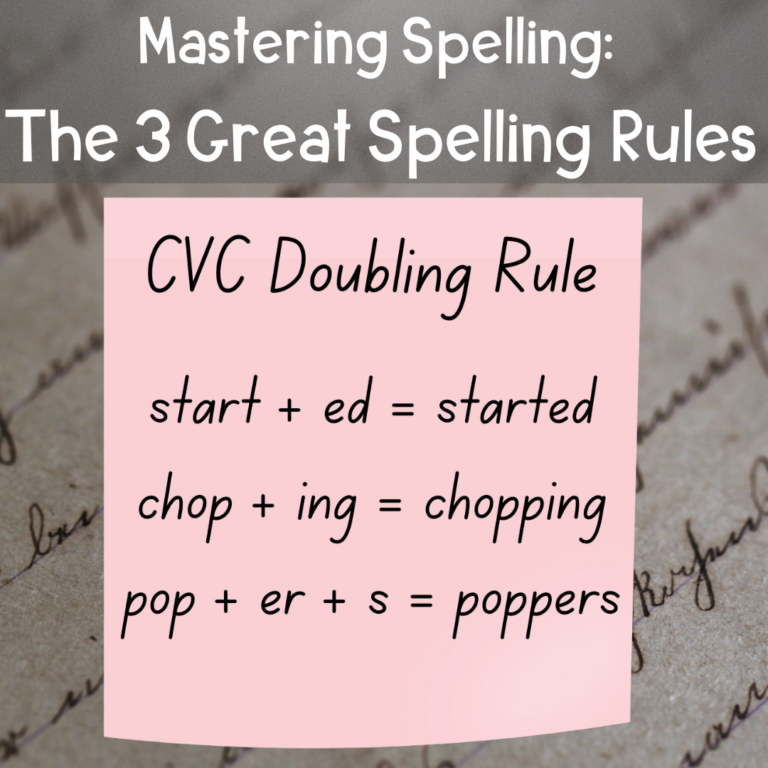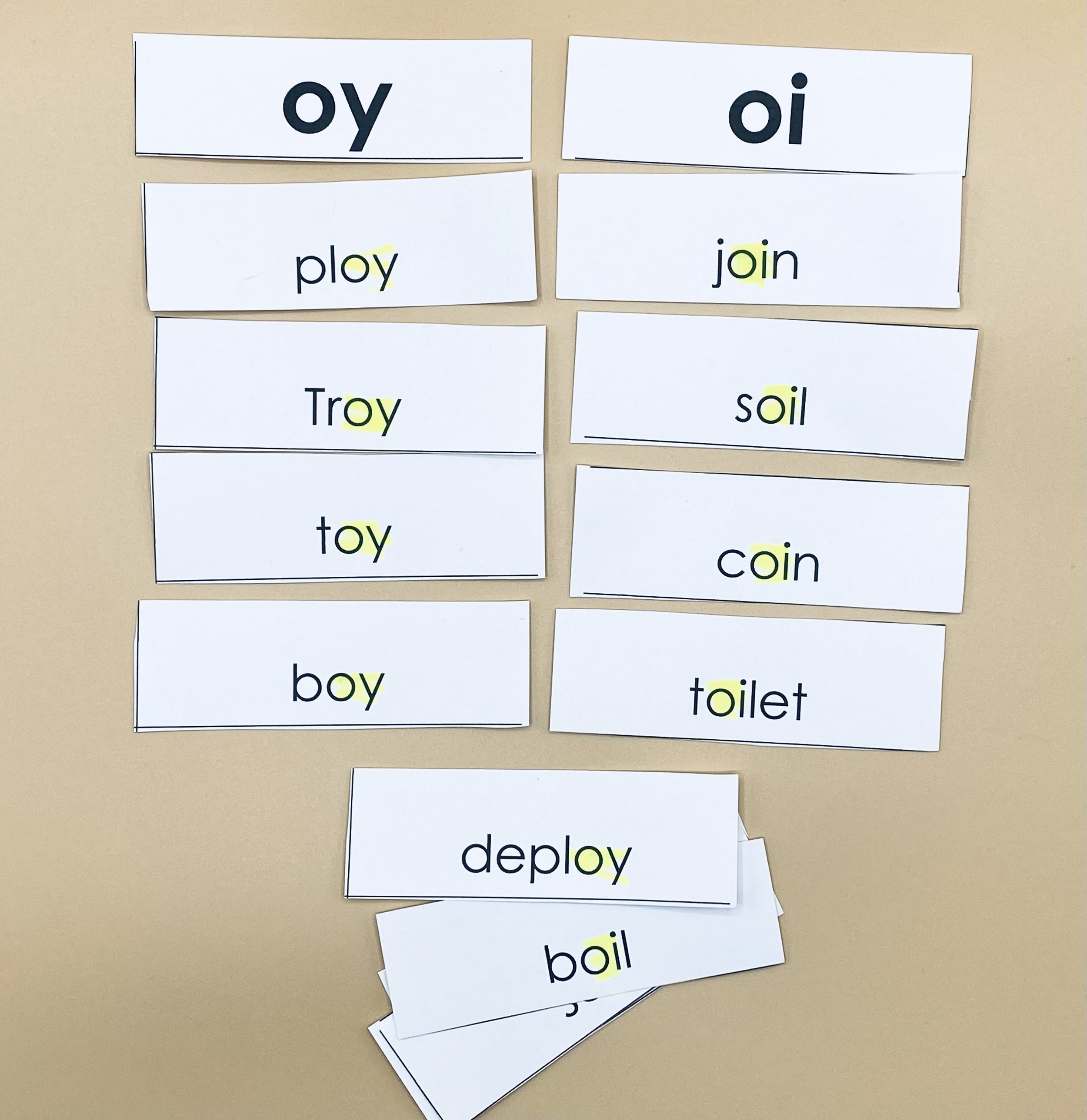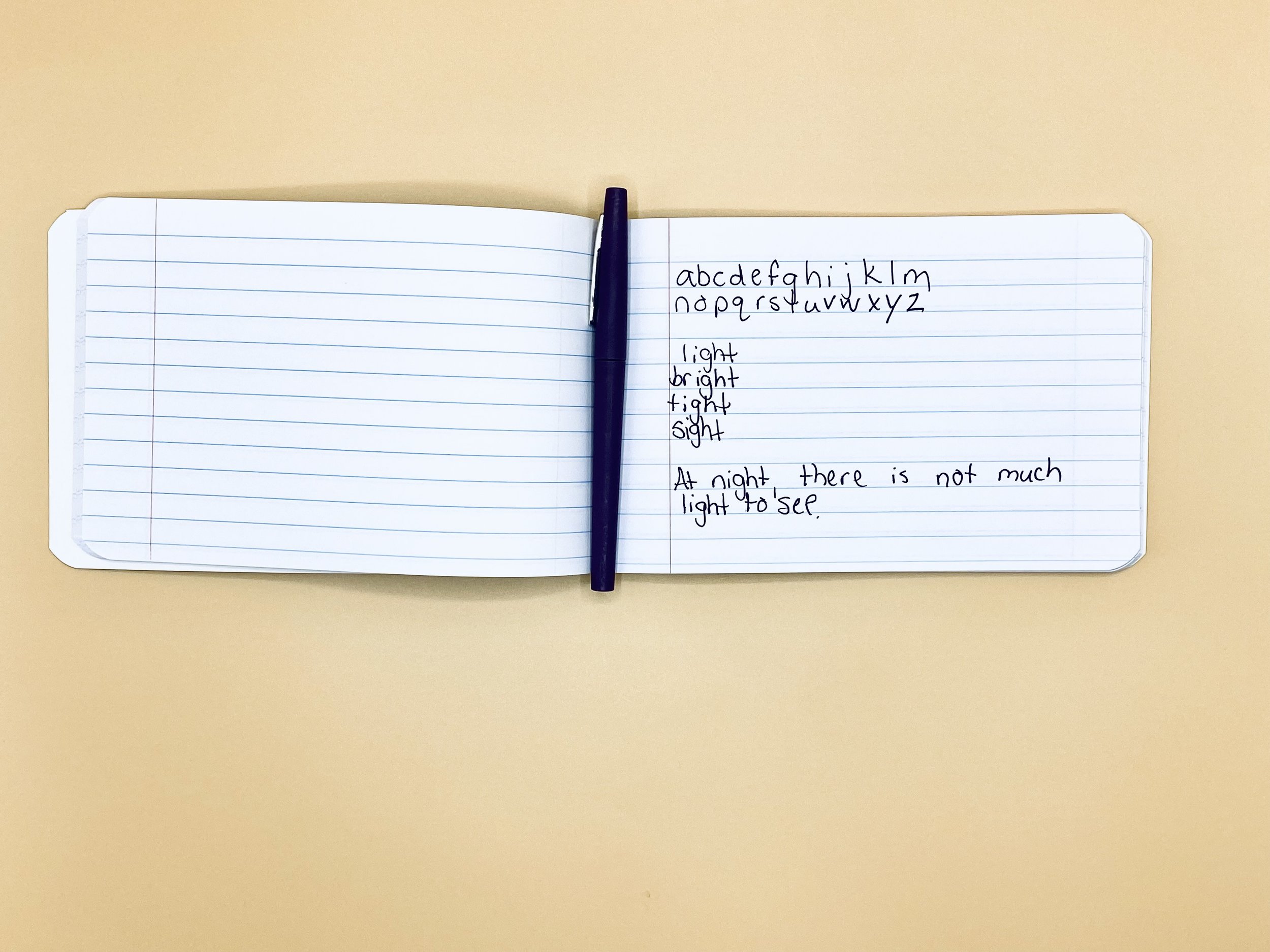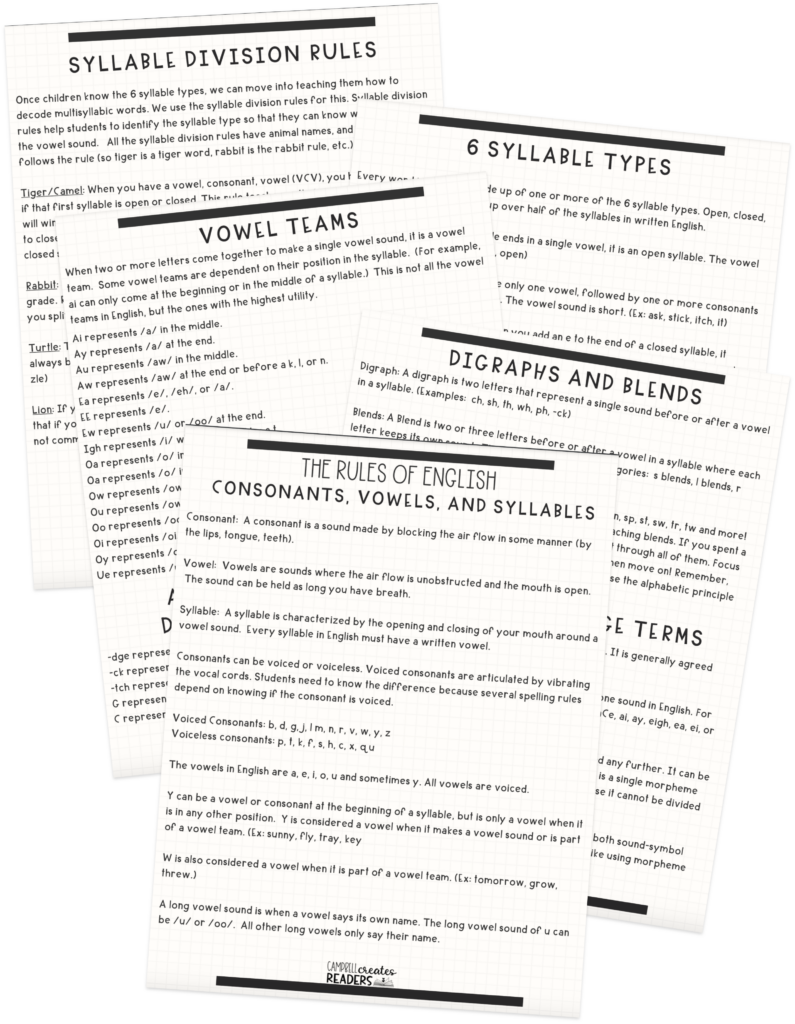
Share This:
As I entered the Science of Reading world, I heard a lot about how people were ditching spelling tests. When I was in the classroom, I had between 4 and 5 different “word study” groups, and each group had a spelling test on Friday. So that meant I spent over an hour each Friday testing children on their words. When my thoughts and practices began to change, I was ready to kick spelling tests to the side with my cueing strategy cards and MSV. But now, I feel we have an obligation to give spelling tests. Let me tell you why.

When I was in 5th grade, we were given spelling tests on Monday and Friday. It was a random list of words that were probably found in some book on “appropriate” words for 5th grade. If we spelled all the words right on Monday, we didn’t have to take the test on Friday. I was always devastated when I didn’t get 100% and had to practice the words all week. Looking back, I’m still uncertain what my instruction look liked if I did pass the test for that week? Was I taught any spelling that week?
My experience was not the exception. For decades, spelling tests were those lists of “grade-appropriate” words. These would be a list of words, most of the time disconnected from each other, that were deemed necessary to learn at that grade level. Students would be given the lists on Monday, expected to study them each night, and then tested on Friday. Teachers were then surprised that their students didn’t remember how to spell those words past that first week.
In comes word study. We thought that, with word study, we had solved the problem of just assigning lists that students wouldn’t remember past the test. And honestly, it was a step in the right direction. My understanding of word study stems from the work that came out of UVA and Words Their Way. (I’m also familiar with Ganske’s later work in Word Journeys).

For word study, we gave children a spelling inventory that let us know the features they were lacking. (Which is fabulous. I actually still give that inventory.) Then, we gave them sorts and words that were based on the features they needed. Each week, we gave spelling tests that were based on those skills, so you could have 3, 4, 5 different groups with different words for the week.
One of the problems with word study, though, was that we were led to believe whole-group instruction in phonics was anathema. It makes sense to meet children on their level, right? That meant, though, that children were going through years of schooling without ever seeing the phonics skills that are outlined in state standards. We have an obligation to expose children to grade-level curriculum. In addition, there was an over-emphasis on sorts, without teachers truly understanding the explicit instruction needed.
We can, and we should, differentiate our instruction to meet the needs of our children. But neglecting grade-level phonics for the sake of multiple groups is not the answer. If we have that many groups that are that far below grade-level expectations, we have a core issue.
This is supposed to be a post about spelling tests, but I’ve spent half the post discussing the failings of different instructional methods. That’s because I don’t think a spelling test is the problem. If a child is being tested on grade-appropriate patterns (as deemed by state standards) and forgetting the spelling the next week, the test isn’t the problem. To be blunt, it’s our instruction. The test doesn’t matter nearly as much as what we are doing throughout the week to help children acquire those skills.
>
“Activities are not instruction, and those kinds of activities alone will never yield the results we want.”
With traditional spelling tests, instruction was basically non-existent because there were no patterns being taught. Kids might have put the words in ABC order, written them 3 times each, or used them in a sentence. But activities are not instruction, and those kinds of activities alone will never yield the results we want.
Word study brought some instruction, but once again there seemed to be more emphasis on activities over explicit instruction. Sort and write, rainbow words, and writing words several times were all activities I embraced. As far as my instruction was concerned, I would introduce a sort on Monday, then have students do a sort in small group each day. The rest of their time was spent working on words in isolation during the center time. There was very little connection between their sorts and the rest of the reading work we were doing in groups.

When it comes to our instruction, we need to take time to explicitly model skills and focus on how the phonemes match the graphemes. Instead of doing 5 different sorts with 5 different groups each week, all students need to be introduced to the phonics concepts for the week (differentiation still occurring in small groups, when needed!) Then, throughout the week, the teacher must continue to practice the skill with the children and allow them ample amounts of time to practice that skill independently. Decodable texts, rainbow sounds, dictation, and picture sorts are all great ideas for practicing their spelling patterns.
I love the way my county has implemented spelling tests. The children get several words (normally 5) to take home as their “studied” words. They are explicitly taught a phonics pattern throughout the week. On Friday, they are tested on those 5 spelling words, as well as 5 words that follow the phonics pattern, but weren’t studied. There’s another section for high-frequency words, and finally the students are given a dictated sentence that includes current and previous patterns.
Honestly, I think it is the most win-win situation you can find. Parents, who are often expecting spelling words to be sent home, get weekly insight into the skills their children are being taught. Teachers can assess children on grade-level expectations (without wasting an hour to give an assessment to multiple groups), and students are exposed to grade-level curriculum.
Remember, it’s not the test that really matters, but our instruction leading up to the test. All children deserve to have access to the curriculum, and the “traditional” methods of spelling instruction just don’t cut it. You can continue to give spelling tests, but make sure those tests are an accurate reflection of both state standards and the skills that they have been taught. And if any of those old books with spelling lists are still around, it’s been a cold winter and a bonfire would be a welcome sight.
Share This:

Savannah Campbell is a K-5 reading specialist. She has taught her entire 12-year teaching career at the school she went to as a child. She holds two master’s degrees in education from the College of William and Mary. Savannah is both Orton-Gillingham and LETRS trained. Her greatest hope in life is to allow all children to live the life they want by helping them to become literate individuals.

Savannah Campbell is a K-5 reading specialist. She has taught her entire 12-year teaching career at the school she went to as a child. She holds two master’s degrees in education from the College of William and Mary. Savannah is both Orton-Gillingham and LETRS trained. Her greatest hope in life is to allow all children to live the life they want by helping them to become literate individuals.
Feeling overwhelmed with all the terminology out there? Want to know the key terms all teachers need to teach phonics? In this FREE Rules of English cheat sheet, you get a 5 page pdf that takes you through the most important terms for understanding English—you’ll learn about digraphs, blends, syllable types, syllable divisions, and move. Grab today and take the stress out of your phonics prep!
